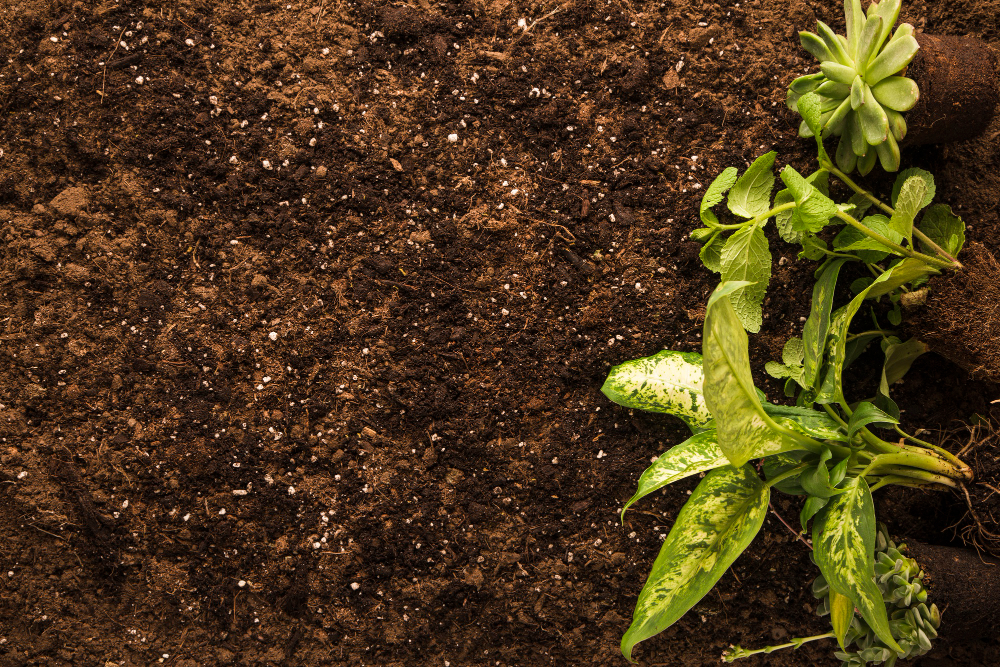Soil health is the cornerstone of a productive vegetable garden. Healthy soil supports vibrant plant growth, enhances water retention, and improves resistance to pests and diseases. Organic amendments are key to nurturing this foundation, enriching the soil with nutrients and promoting a thriving ecosystem below the surface. In this guide, we’ll unlock the secrets of soil health through the use of organic amendments, ensuring your vegetable garden flourishes.
The Importance of Organic Matter
Organic matter, such as compost, is crucial for soil health. It improves soil structure, allowing for better water infiltration and aeration. By incorporating organic matter into your garden soil, you’re not only providing essential nutrients but also encouraging beneficial microbial activity that supports plant growth.
Types of Organic Amendments
- Compost: The gold standard of organic amendments, compost is decomposed organic matter that enriches the soil with nutrients and improves soil structure.
- Manure: Well-rotted manure from cows, chickens, or horses is a nutrient-rich amendment that can significantly enhance soil fertility. Ensure it’s fully composted to avoid pathogens.
- Leaf Mold: Decomposed leaves provide a fantastic source of organic matter, improving soil texture and moisture retention.
- Green Manure: Cover crops, such as clover or vetch, planted and then tilled into the soil, add nutrients and organic matter, improving soil health.
Applying Organic Amendments
Incorporating organic amendments into your vegetable garden is straightforward. For new gardens, mix ample amounts of compost or other organic materials into the soil before planting. For established gardens, apply a top layer of compost around the plants or in planting rows at the beginning of each season. This not only feeds the soil but also helps retain moisture and suppress weeds.
The Benefits of a Healthy Soil Ecosystem
A soil rich in organic matter supports a diverse ecosystem of beneficial organisms, from earthworms to microbes. These organisms play a critical role in breaking down organic materials into nutrients that plants can easily absorb, naturally boosting plant health and yield.
Monitoring Soil Health
Regularly check your soil’s condition by observing its structure and testing its pH and nutrient levels. Adjustments with organic amendments can correct imbalances, ensuring your soil remains healthy and productive.
By prioritizing soil health and utilizing organic amendments, gardeners can unlock the full potential of their vegetable gardens. This sustainable approach not only yields healthier, more productive plants but also contributes to the overall well-being of our planet.


Leave a Reply